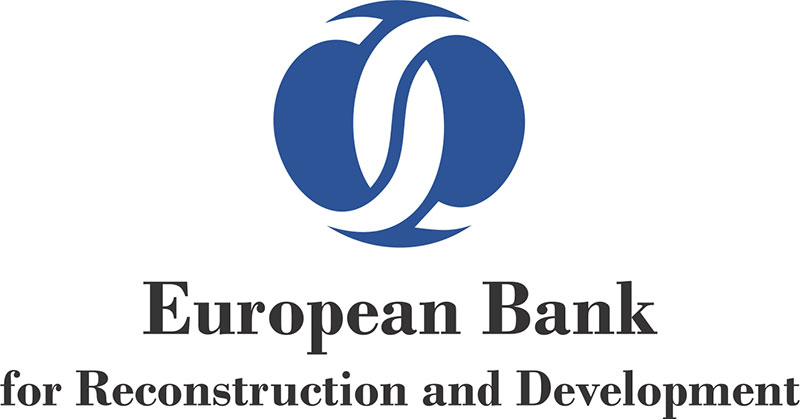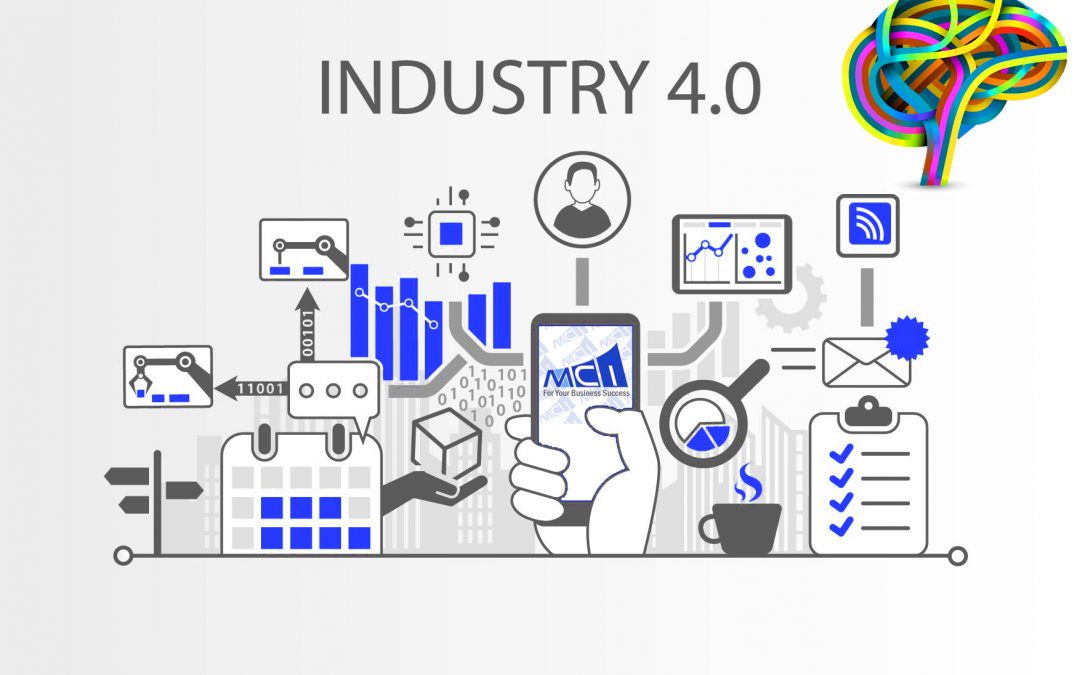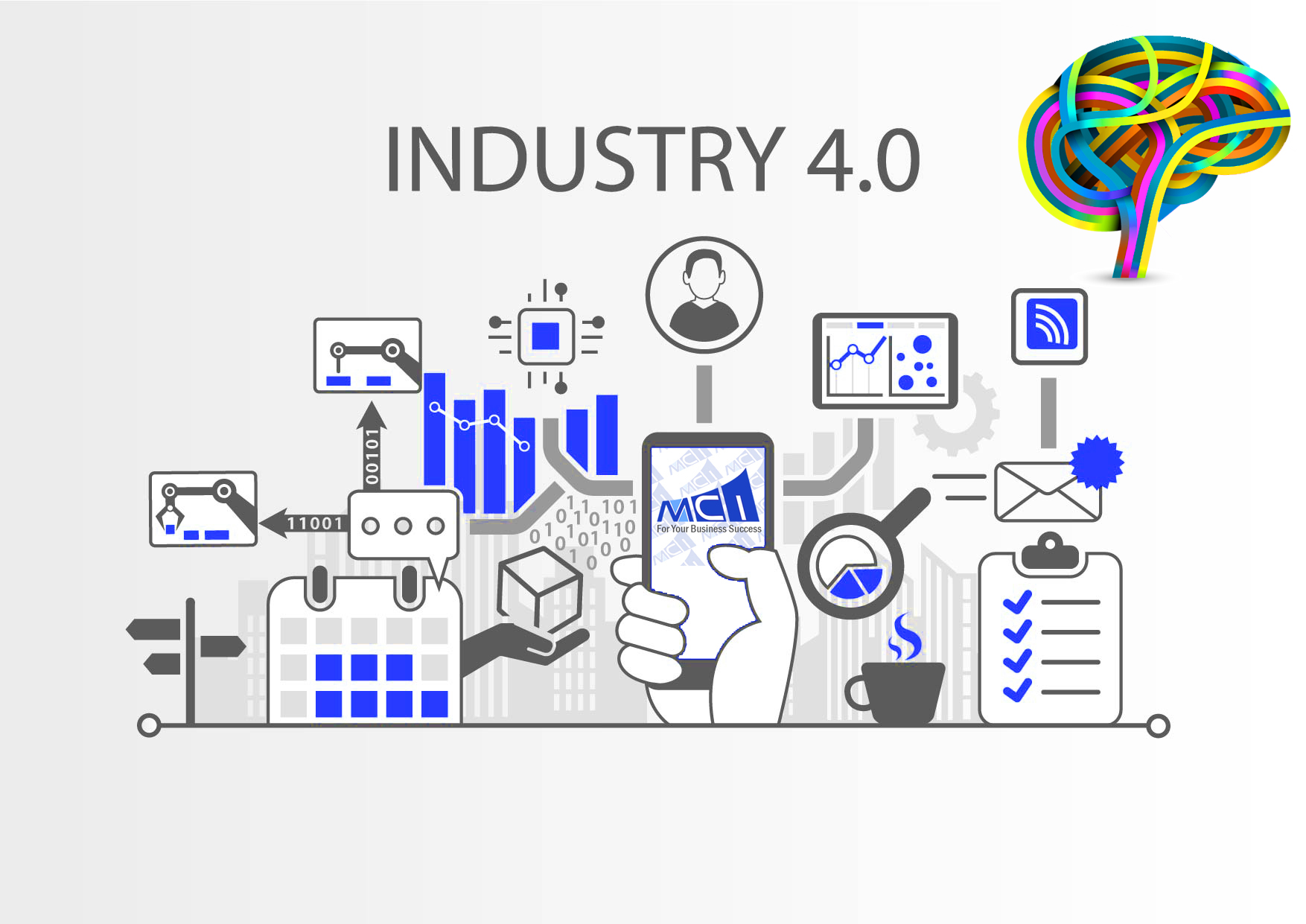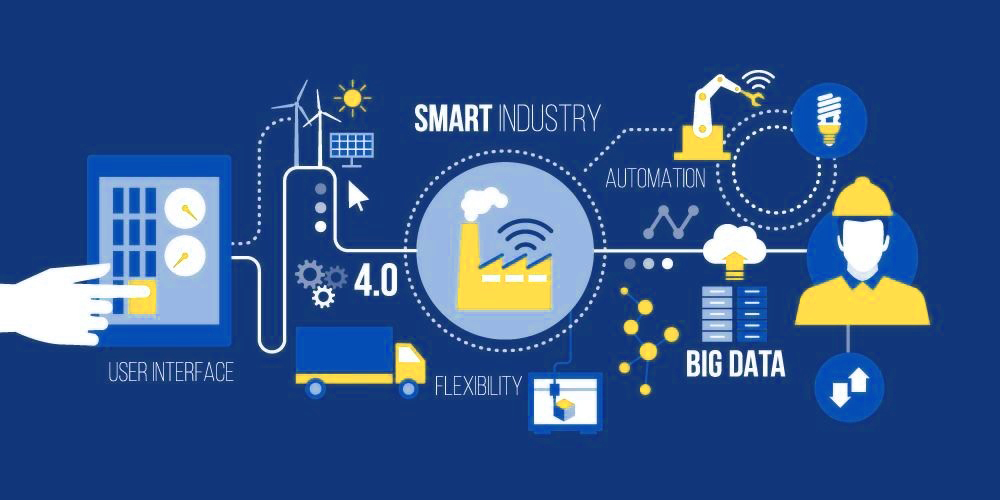
Feb 10, 2019 | Business
If you’ve gone a month without using cash, you might be amenable to a cashless society. Going “cashless,” or at least reducing large denominations from circulation, is an increasingly popular policy push in certain economic circles. Crime and corruption supposedly suffer in a cashless world. Few criminals are likely to pay someone to smuggle illegal goods using a check or credit card as payment. As Kenneth Rogoff writes in the Wall Street Journal, “In the underground economy, cash plays a big, well-established role for which there is no remotely perfect substitute in terms of liquidity and universal acceptance.”
Some argue that nefarious activities will continue even in a cashless society, because criminals would simply draw law-abiding businesses into their web. Criminals could theoretically coerce a business, through threats or intimidation, into writing them a check for supposedly legitimate services, if cash were unavailable. While certainly possible, this strikes me as more problematic than paying with a suitcase stuffed with greenbacks. India, which recently removed large denomination rupee notes from circulation, is a fertile testing ground for these theories. While the jury’s out as to the effects on crime, corruption certainly hasn’t stalled out; instead of cash, now land, houses and luxury watches are the preferred bribery currency.
Why are governments around the world so interested in reducing cash transactions? Because they would like to tax those transactions. When people and businesses deal completely in cash, it’s difficult for the government to know if any tax is due, much less the amount to be collected. And in many developing countries, where tax compliance is low and cash usage is high, taxes lost to legal but unreported transactions represent the single most important fiscal issue.
While the argument for a cashless society might make sense for many emerging economies, it’s less relevant here in the United States. Apart from the fact that Americans are among the most honest taxpayers in the world, some seven percent of our nation’s adults have no bank account and conduct all financial activities using cash. Going cashless might dramatically impair lower income and on-the-brink Americans’ ability to get by. Farm workers, for example, are often paid in cash and many times purchase all their services, including paying their rent, with those same dollars.
Additionally, some folks just want privacy when they buy something. The purchases or expenditures may be completely legitimate, but they simply would rather keep the transaction to themselves. In any case, if we do end up cashless, we might have to rethink the phrase “paper trail.”

Feb 10, 2019 | Business

Concerns about non-users being maladjusted are unfounded and unfair.
Recent news stories have suggested that employers may be reluctant to hire people without a Facebook profile on the grounds that Facebook usage has become so common that not having an account is seen as somehow abnormal. This concern appears to have been compounded by a lurid report in a German newspaper that alleged mass killers James Holmes and Anders Behring Breivik did not have Facebook accounts, leading to the rather hysterical conclusion that not having an account “could be the first sign that you are a mass murderer.”
Is there any substance to these concerns? Research suggests that although not having a Facebook account might be unusual nowadays it is hardly cause for alarm. Indeed, the fact that someone has an account is hardly a credential of mental health either, and may be associated with its own problems, admittedly minor ones.
An Australian study examined personality differences between people with and without Facebook accounts (Ryan & Xenos, 2011). People with an account were found to be more extraverted and narcissistic, whereas those without an account were found to be more conscientious and shyer. They found that those without an account experienced more social loneliness, but those with an account experienced more family loneliness. They also looked at time spent on Facebook per day among users and found time spent was positively correlated with neuroticism and loneliness and negatively correlated with conscientiousness. All of these effects tended to be small. These findings seem comparable to those of a study comparing users of Facebook and Twitter respectively which found that people who preferred Facebook tended to be more extraverted and sociable compared to Twitter users, but also more neurotic and less intellectually oriented.
What might this suggest to a potential employer concerned about whether an applicant has a Facebook account or not? On the one hand those who have an account will tend to be more outgoing and less shy, which would be important in jobs involving a great deal of face-to-face interaction. On the other hand, those who do not have an account tend to be higher in conscientiousness, suggesting they are more likely to be hard working, persevering and achievement oriented. In fact, conscientiousness has been found to be one of the strongest personality predictors of job performance across all professions. Furthermore, the more time a day a person spends on Facebook, the less time they are doing actual work and the more time they are likely to be whining about their personal problems. People who do not have a Facebook account also tend to be somewhat less narcissistic, that is, less egotistical and exhibitionistic. Employers concerned about someone not being on Facebook might instead want to consider the desirability of hiring applicants who think that “everything is about me” and who lack a strong work ethic. Narcissism is also a member of what personality psychologists call “the dark triad” of personality, along with such antisocial characteristics as psychopathy and Machiavellianism (Jakobwitz & Egan, 2006). Although there is no evidence that Facebook usage has anything at all to do either way with being a homicidal maniac, the fact that narcissism has a known relationship with antisocial traits would seem to suggest that people who do not have Facebook accounts are actually less likely to commit atrocities. All of these considerations should of course be tempered by the fact that all of the effects reported by these research studies have been small in size. So, looking at things scientifically, knowing that someone does or does not have a Facebook account is not likely to be a strong indicator of the character of the person, and is hardly cause for panic either way.

Feb 10, 2019 | Business

They Want an Outside Eye
You know how sometimes when you’re dealing with an issue in your life, you turn to friends and family for their opinions? Companies often need this, too, especially when making tough decisions. Often times, clients have a perspective on how to solve the problem they are facing but want to make sure that what they’re thinking is correct (or that they aren’t so close to the challenge that they’re missing the obvious answer). So, they turn to consultants to come in and provide their opinion.
But this isn’t just any opinion: Because consultants often work with many different companies and may have worked through this problem in the past with someone else, they can really provide a perspective based on what they’ve seen work (or not) before. And given this experience, they can often bring new and innovative ideas or possible challenges to the table that clients probably wouldn’t have been able to see on their own.
They Need Extra Horsepower
Sometimes the problems companies need solving are really important, but they don’t necessarily have the manpower to focus on them. Companies still have to focus on their day-to-day operations, after all, and new projects typically require reprioritizing employees’ core job responsibilities. But hiring new employees to fill these gaps doesn’t always make sense either, seeing as many of these projects are one-offs. Whether it’s a cost reduction program requiring a dedicated team of six for a year or even a post-merger integration that requires a team of 100 for a month, clients might struggle to get the teams in place to do this critical work.
In instances like this, consultants basically serve as temporary, highly skilled employees. We’re not full-time employees of the company, so it is often cheaper to use us than hire someone new. Because we switch around companies often, we’re used to the fast learning curve, and onboarding us is easier. And, by using consultants, companies don’t have to pull their employees away from their actual jobs.
They Want Specialized Skills
Another, and perhaps the most common, reason that companies hire consultants is to gain access to a specialized skill set that might not exist in house. By engaging a consulting firm, you get access to a group of professionals that has skills ranging from Lean Six Sigma process design to finance organization structures. These highly specialized people would not only be expensive to hire for, but the company might not have enough work to keep said employees busy year round. But, thanks to consultants, companies can bring in that skill set on demand when they need it.
They Want a Safe Zone
Sometimes, when companies are working on a challenging problem or a controversial project, it can be hard for them to make decisions or take the necessary actions without getting wrapped up in emotions or politics. So, they bring in consultants to provide an unbiased eye and do some of the dirty work for them.
Clients might engage us for major restructurings or controversial projects so that they can ensure they’re handled by an external party that’s both experienced in and a bit removed from these types of activities. We can also provide the back-up and confirmation for a client that is attempting to run with a new idea that might not be well-received within an organization, without any risk to our day jobs or career.

Feb 10, 2019 | Business
MCI cooperates with EBRD Bank, which funds 50-60% of our services.
ebrd.com

Feb 10, 2019 | Business

It’s no secret robots are a growing threat to the human workforce. The World Bank estimates 57 percent of all jobs could be automated within the next 20 years. So how can humans stay one step ahead of the computers? By emphasizing something AI can never replicate: good old-fashioned human curiosity.
According to new research by SurveyMonkey, most employers don’t put a high value on curiosity now, but those that do stand a greater chance of surviving in the future.
The Great Divide
SurveyMonkey’s results show that many company leaders believe curiosity is key to their own success. Nearly half (49 percent) of American business leaders say curiosity is directly tied to the ability to make more money. But people lower on the ladder don’t necessarily feel the same way – only 22 percent of people believe in the financial rewards of a curious mind.
What’s interesting is that for all the talk of boundary-pushing among the higher-ups, few bosses are actually inspired by one another. Just 17 percent of business leaders are inspired by their peers, while 31 percent of more junior workers are inspired by people at their level.
So what’s going on here? How can junior workers see the possible financial benefits of curiosity and how can managers find the inspiration that their subordinates have?
It all depends on how your workplace treats questions. 30% of the workforce say they don’t get real answers. 28% fear “looking stupid” or others’ reactions. 42% of millennials fear how they’ll be perceived when they ask questions.
Riddle Me This
SurveyMonkey CEO Zander Lurie says company culture determines the openness to new ideas. “Speaking up in a meeting with a question that challenges authority or the status quo might be intimidating if curiosity isn’t encouraged,” Lurie said. “If your organization skews towards a Culture of Genius, then you’re not going to generate the collaborative and curious questions from more junior teammates. When some minds are recognized or rewarded as inherently more brilliant than others, the ‘have-nots’ will be reluctant to share opinions and ask questions as a result. To foster a Culture of Curiosity where these fears don’t exist, leadership needs to make asking questions part of an organization’s culture. Celebrate the curious insights the questions beget.”
As for those robots coming to sweep humanity aside, Lurie says leaning on our natural curiosity will give us the edge in the marketplace. “I could imagine that in the near future it becomes a standard practice for companies to use some type of a Curiosity Quotient score and make it part of hiring requirements, annual performance reviews, promotions, and financial rewards, all of which can help businesses stay more competitive in the market and gain unique advantages,” Lurie said. “We aren’t going to beat the robots at work ethic or attention to detail — so we better stay curious!”

Feb 10, 2019 | Business

What is Industry 4.0?
1⃣ The first industrial revolution we can call industry 1.0 is the mechanization of human actions.
2⃣ Second – electricity, conveyors and mass-production.
3⃣ The third revolution involves computer ere, automation, creation and development of robot techniques.
4⃣ The fourth industrial revolution known as “Industry 4.0”, is derived from the third stage which is full with innovative technologies.
The main goal of this revolution is the symbiosis of computer technology, artificial intelligence and automation.
The famous writer-fantasies of the twentieth century describe Era where the main function of humankind is to manage robots and artificial intelligence. This is the promise of 4.0 industry today.
➡ For example, take any type of factory or production that perfectly fits 4.0 models:
** All actions of this factory are automated
** The auto-monitoring system was introduced
** Machines are run entirely by computers
** Computers can learn, analyze the situations and make optimal independent decisions for the enterprise
✔ Therefore, any business has to follow the innovations in his field, timely introduction of these innovations, develop a new model of competitiveness and timely adaptation to these changes.











